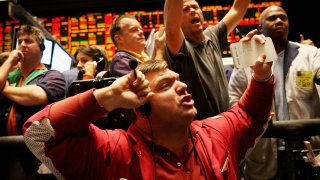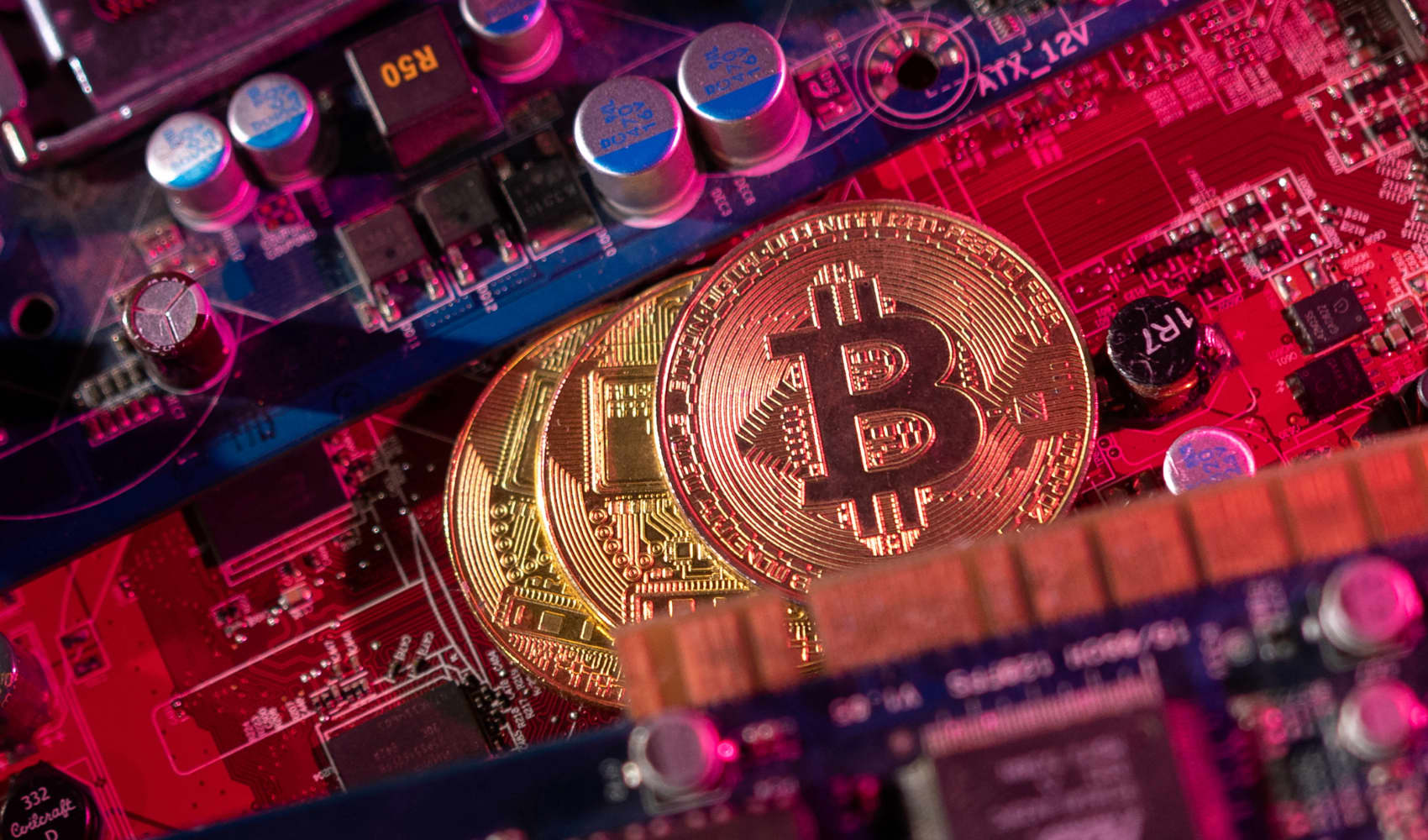
The 10-year U.S. Treasury yield climbed back above the 1.5% level on Thursday after Fed Chair Jerome Powell said there was potential for a temporary jump in inflation and that he had noticed the recent rise in yields.
The yield on the benchmark 10-year Treasury note rose to 1.541% shortly in afternoon trading. The yield on the 30-year Treasury bond pushed higher to 2.304%. Yields move inversely to prices.
Powell said at the Wall Street Journal jobs summit that the economic reopening could "create some upward pressure on prices." Powell reiterated that the central bank would be "patient" before changing policy even as it saw inflation pick up in what it expects would be a transitory fashion.
The central banker did acknowledge the rapid rise in rates recently caught his attention, but said the Fed would need to see a broader increase across the rate spectrum before considering any action. Yields appeared to move higher after those comments.
Get Tri-state area news and weather forecasts to your inbox. Sign up for NBC New York newsletters.
The benchmark yield jumped last week, passing both the 1.5% and 1.6% marks to reach its highest level in over a year. The 10-year yield retreated earlier this week, however, and has traded closer to the 1.4% level in recent days.
The 10-year was trading with a yield under 1.0% at the start of the year. Optimism about vaccines, continued federal stimulus and growing concern about inflation have all worked to push bond yields higher in recent months in an unusually rapid move that appears to have rattled the equity markets.
Powell also didn't make a strong hint of any changes in asset purchases by the Fed to contain the rapid increase in rates seen lately, possibly disappointing some investors. Expectations were growing the Fed might implement an "Operation Twist" procedure like it has done in the past where it sells short-term bills and buys longer-duration bonds.
Money Report
Greg Staples, the head of fixed income North America at DWS, said that Powell was in a tough position as the Fed's stated desire to keep its dovish stance until the economy is near full recovery is contrasted with signs of a strong recovery that could mean some tightening may be a wise choice.
"I don't think that he can reaffirm or even push against the market moves. I think the U.S. Fed is far more reluctant than say the ECB to look at what's going on in the market place, whether it be equity or debt, and say 'this is not where we want it to be,'" Staples said.
"The last thing the Fed wants to do is put themselves in a position where, any time the 10-year sells off by 10 or 15 basis points, they feel like that they have to rush in and buy Treasuries," he added.
The Fed chief said price increases above the Fed's 2% target for a couple quarters or more would not cause consumers' long-term inflation expectations to materially change.
"We have the tools to ensure that long-run inflation expectations are well-anchored at 2%," Powell said.
On the data front, new weekly unemployment insurance claims in the U.S. came in at 745,000 initial claims. Economists surveyed by Dow Jones had projected 750,000 claims.
The initial claims data has improved since the depths of the health crisis and economic restrictions last year, but claims still remain multiples higher than they were in 2019.
Factory orders for January came in at 2.6% growth, beating expectations of 2.3%, according to economists surveyed by Dow Jones.
Auctions were held Thursday for $30 billion of 4-week bills and $35 billion of 8-week bills.
— CNBC's Pippa Stevens contributed to this report.






